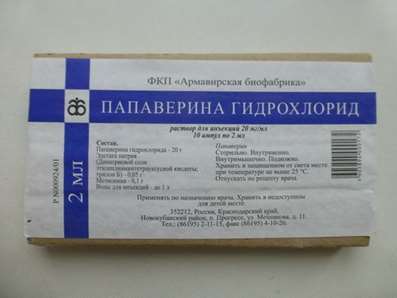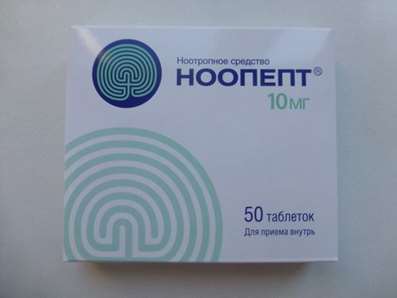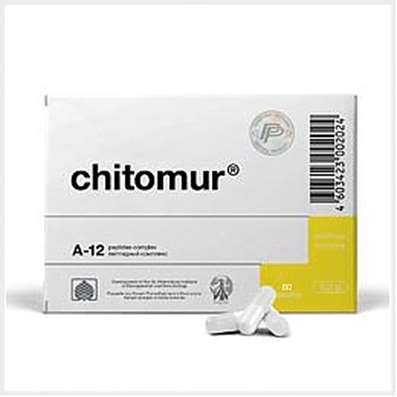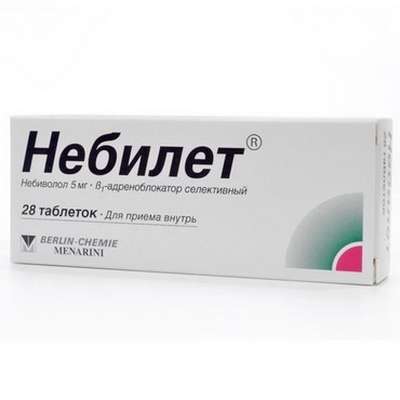Instruction for use: Propylthiouracil (Propylthiouracilum)
I want this, give me price
Pharmacological group of substance Calcitonin
Hormones of the thyroid and parathyroid glands, their analogs and antagonists (including antithyroid agents) / 67 /
Nosological classification (ICD-10)
E05.9 Thyrotoxicosis, unspecified
tireotoksicski reaction, Enlargement of the thyroid gland with symptoms of hyperthyroidism, The phenomenon of iodine Basedow, Thyroid hyperplasia, hyperthyroid state, Hyperthyroidism, Thyroid dysfunction, Diffuse thyrotoxic goiter, The latent thyrotoxicosis, Increased thyroid function, thyrotoxicosis
Code CAS
51-52-5
Characteristics
White crystalline substance, has a bitter taste, very little soluble in water.
Pharmacology
Pharmacological action - antithyroid.
It blocks thyroid peroxidase and inhibits the conversion of ionized iodine into an active form (elemental iodine). It disrupts the iodination of tyrosine residues of the thyroglobulin molecule with the formation of mono- and diiodotyrosine and, further, tri- and tetraiodothyronine (thyroxine). The extrathyroid action consists in inhibition of the peripheral transformation of tetraiodothyronine into triiodothyronine. Eliminates or weakens thyrotoxicosis. It has a catabolic effect (an increase in the size of the thyroid gland), caused by an increase in the secretion of the thyroid-stimulating hormone of the pituitary gland in response to a decrease in the concentration of thyroid hormones in the blood.
In laboratory animals treated with propylthiouracil for more than 1 year, cases of hyperplasia of the thyroid gland and formation of carcinomas have been reported.
It is well absorbed from the digestive tract and is rapidly metabolized. About 35% is excreted in the urine in unchanged form and in the form of conjugates within 24 hours.
Indications
Thyrotoxicosis (diffuse toxic goiter, toxic adenoma of the thyroid gland), preparation for resection of the thyroid gland or treatment with radioactive iodine.
Contraindications
Hypersensitivity, leukopenia, agranulocytosis, hypothyroidism, hepatic insufficiency, liver cirrhosis, active hepatitis, severe side effects (agranulocytosis, severe renal dysfunction) with the previous treatment with propylthiouracil, pregnancy, breast-feeding.
pregnancy and lactation
Action category for fetus by FDA - D.
At the time of treatment should stop breastfeeding. Excreted in breast milk (concentration in breast milk is 10 times less than in the mother's blood), can cause hypothyroidism in newborns whose mothers at the time of breast-feeding received propylthiouracil in therapeutic doses.
Side effects
From the cardiovascular system and blood (hematopoiesis, hemostasis): violation of erythropoiesis, hemolysis, agranulocytosis (including septic complications), thrombocytopenia, vasculitis, lupus-like syndrome, nodular periarteritis.
On the part of the intestine: nausea, vomiting, gastralgia, impaired liver function (hepatocellular necrosis, transient cholestasis).
From the nervous system and sensory organs: dizziness, neuromuscular disorders, a violation of taste and smell.
From the musculoskeletal system: arthralgia, polyarthritis.
Allergic reactions: itching, skin rash, hives.
Other: drug fever, lymphadenopathy, Coombs positive reaction, interstitial pneumonia, peripheral edema, zobogenic effect in newborns, paresthesia, thyroid enlargement, alopecia.
Interaction
Thyostatic effect weakens iodine-containing drugs, incl. Radiopaque means. With simultaneous administration with propranolol or coumarin derivatives, correction of their doses is necessary.
Overdose
Symptoms: nausea, vomiting, headache, fever, arthralgia, itching, swelling, pancytopenia, agranulocytosis, dermatitis, hepatitis, neuropathy, agitation / depression.
Treatment: symptomatic therapy, maintenance of vital functions; In some cases, gastric lavage and the appointment of activated charcoal (should take into account the rapid absorption of the substance).
Routes of administration
Inside.
Precautions
During the period of treatment, regular monitoring of the cellular composition of the blood and the functional state of the thyroid gland (determination of the level of thyroid hormones and / or thyrotropin in the blood) is necessary. With a pathological change in the number of blood cells and an increase in the activity of transaminases, a doctor's consultation is necessary. Since agranulocytosis can develop within a few hours, the patient should be informed of its signs (fever, malaise, tonsillar tonsillitis, stomatitis) and the need for immediate medical attention and examination of the blood picture. Development of goiter and hypothyroidism (chronic overdose) require discontinuation of treatment.

 Cart
Cart





